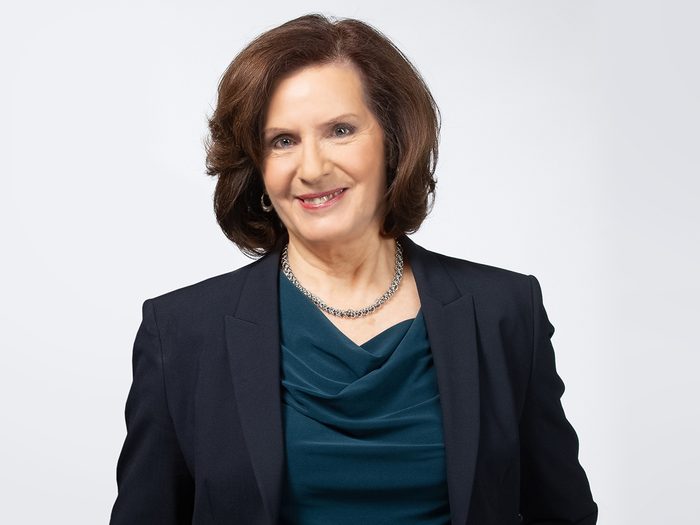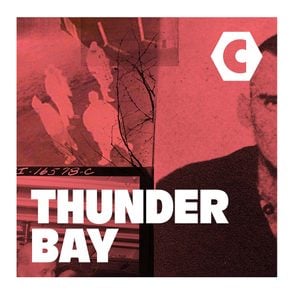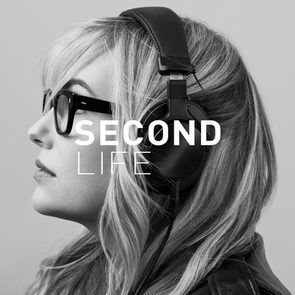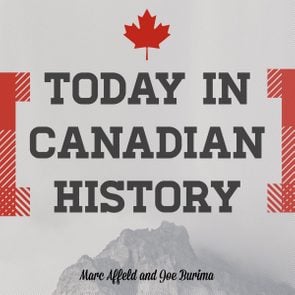Carol Off: The RD Interview

Veteran journalist Carol Off on global conflict, gender politics and becoming part of the story. This interview was originally published in September 2017.
Reader’s Digest Canada: In your memoir, All We Leave Behind, you describe reporting from Pakistan early in your career. Three decades later, you’re the co-host of CBC’s As It Happens. How have things changed for female journalists in the intervening years?
Carol Off: When I started out, it was unusual to meet women in the field. Now there are many of us. I remember a turning point: going back and forth between Jordan and Israel during the Gulf War in early 1991. This young male journalist from Ireland started hanging around with me, which was surprising—the men were cliquish. He said, “You get through the checkpoints easier than anybody.”
That access is part of why you wrote this book, which centres on the Aryubwals, an Afghan family. Their lives were in danger in part because the father spoke out against local warlords in a documentary you produced in 2002. You’re candid about your struggle to separate yourself from this story.
I still think you have to keep that distance as best you can, but now I have a stronger sense of my responsibilities in protecting the lives of others.
You helped the Aryubwals come to Canada, which took over a decade. What did you learn in the process?
They came in as a government-sponsored family, but if I hadn’t been helping them, I don’t know how they could have survived. After they arrived in Hamilton in 2015, they were sent to a shelter to get processed; we met refugees there who didn’t have anyone to advocate for them. What they went through was appalling. I think the government should expand the private sponsorship program tenfold. It doesn’t just benefit those who’ve found places to live; it’s transformative for the communities themselves.
The family arrived two years ago. How has the transition been?
The Aryubwals are doing fine. It’s difficult for them to find the jobs they want, to find housing they want. I keep saying, “These are normal problems.” They agree: these problems are a relief after wondering if you’re going to get killed or abducted.
In the book, you reflect on key events—the U.S.’s involvement in arming mujahedeen in Afghanistan during the Cold War to fight a proxy war with Russia, for example—which led to the current refugee crisis. Are there similar red flags today?
Libya is a failed state because we joined a campaign to take down Muammar Gaddafi, and when he was dead, we said, “You’re on your own.” ISIS is there. Al Qaeda is there. We’re creating failed states all over the place. The biggest victims of terrorism aren’t in Manchester, Boston or Paris. Overwhelmingly, they’re people in Muslim countries who are under attack by their countrymen.
You describe your experience with the Aryubwals as “life changing.” How so?
I have my brothers and sisters. I have a husband, kids, stepkids and grandchildren. But I also have this other family, and I consider them to be part of my family, too. I can’t imagine my life without them. It’s hardly consolation for what I put them through, but it’s just been such an extraordinary friendship.
Next, check out our interview with long-time CBC anchor and host Peter Mansbridge.






